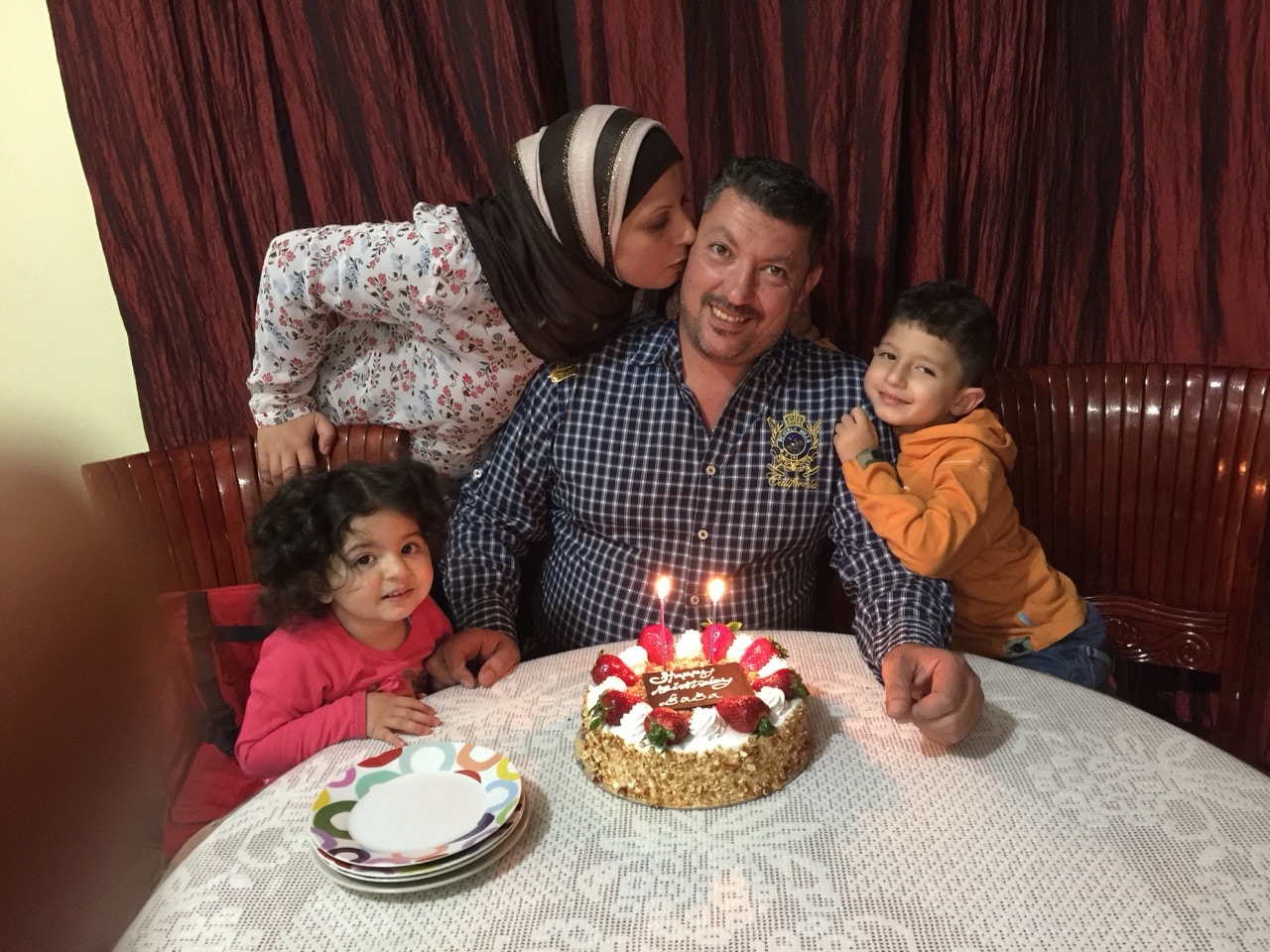by Ryan Devereaux
The Intercept
An Iraqi Family Sought Asylum in the U.S., Thinking the Worst Was Over. Then Their American Nightmare Began.
NOTHING ABOUT THE Laredo Processing Center’s physical appearance immediately suggests it is run by a multimillion-dollar, for-profit prison corporation. Located just off the highway, about 5 miles from the Rio Grande, the drab one-story building, with its chain-link fencing and razor wire, is sandwiched between Ruben’s Paint and Body Shop and Martinez Wrecker Services.
If not for the sign outside, the immigrant detention center could easily be mistaken for a well-guarded junkyard. For the people locked inside, who sleep in open areas crammed with bodies -- if they are not being held in isolation -- days consist of head counts, the echoing voices of shouting guards, and a lot of waiting. If you’re lucky, you have the money to make short calls home and a loved one to pick up the phone.
For Safaa Al Shakarchi, this was life for more than a year. Along with his wife, Zinah, and their two small children -- 2-year-old Sidrah and 6-year-old Yousif -- Safaa crossed the bridge linking Reynosa, Mexico, to McAllen, Texas, on January 14, 2017. Nearly six months had passed since the family was expelled from their adopted home in the United Arab Emirates. Zinah and Safaa had been building a life in the Gulf nation since 2009, when a militia commander in Baghdad shot Zinah and murdered her colleague, prompting her to flee Iraq.
In the months that followed the expulsion, the family’s unwelcome odyssey brought them to six countries, through multiple times zones, and across numerous borders. They endured detention at the hands of Mexican authorities, including officials who beat Safaa as his children watched, and navigated some of the most treacherous cartel-controlled territory in the Western Hemisphere.
It was not the life they had planned, but the family was at the mercy of forces beyond their control. Passports in hand, the Shakarchis presented themselves before U.S. immigration officials in Texas. Invoking a right enshrined in both U.S. and international law, they applied for asylum. While his wife and children were eventually permitted to enter the country to begin the asylum process, Safaa was not. After a long and difficult experience, he ultimately found himself locked up in Laredo, accused of no crime, with deportation orders but no country willing to accept him.
MORE...


No comments:
Post a Comment